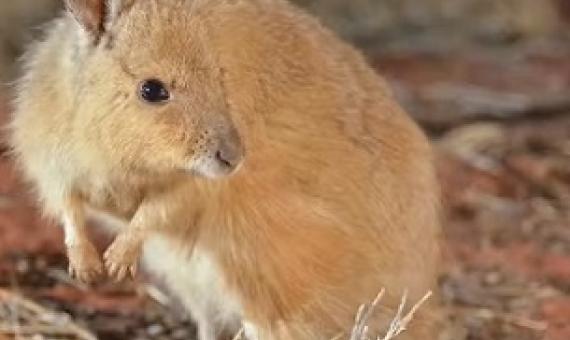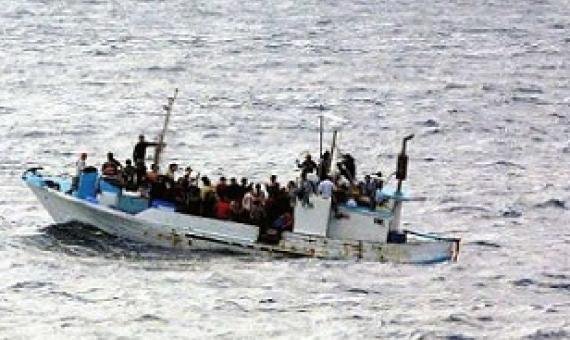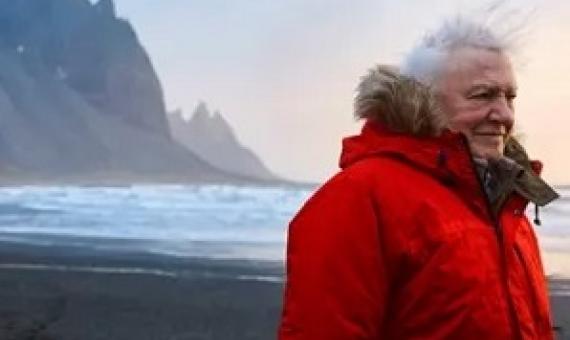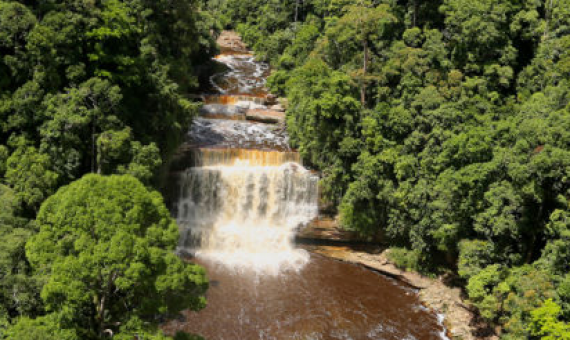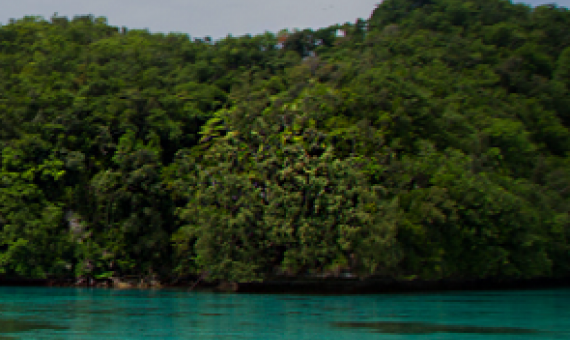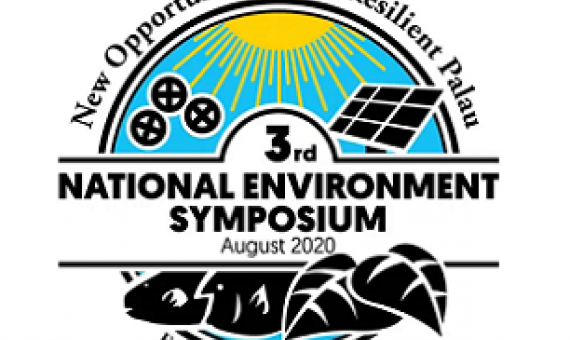Last month, Sir David Attenborough called on United Kingdom residents to “go wild once per week”. By this, he meant taking actions which help rather than harm the natural world, such as planting wildflowers for bees and eating more plant-based foods. Australia should follow suit.
With the United Nations climate conference in Glasgow, the world is focused on the consequences of a climate crisis and how we can still change course.
A newly released Netflix documentary, “Breaking Boundaries: The Science of Our Planet,” features David Attenborough and Johan Rockström, one of the scientists who introduced the concept of planetary boundaries. While the film suggests that the planet requires urgent repair, it also offers a
A study conducted by a team of researchers fromNanyang Technological University, Singapore (NTU Singapore) has found that Singaporeans who score high levels of empathy choose to prioritize the environment over the convenience and comfort of both themselves and their families or co-workers.
After watching the documentary by David Attenborough, ‘Life on our planet’, at the National Convention Centre in a reception hosted by the British High Commission and French Embassy, Leader of Opposition Ralph Regenvanu says rainforests and nature of a whole are being destroyed by the modern
A policy briefing for the Third National Environmental Symposium (NES) brought together senatorial and presidential candidates, conservationists, and media representatives to discuss food, economic, and energy security in Palau...Issues which were echoed by many of the candidates were the shortag
Perspectives on the Economics of the Environment in the Shadow of Coronavirus
The Environmental and Resource Economics special issue “Economics of the Environment in the Shadow of Coronavirus” comes at a hugely critical time for environmental economists and policy makers alike. We are in a situation of significant social change, a change that could potentially lay the foundation for mankind’s future in the years to come.
Effects of Physical Distancing to Control COVID‑19 on Public Health, the Economy, and the Environment
Physical distancing measures are important tools to control disease spread, especially in the absence of treatments and vaccines. While distancing measures can safeguard public health, they also can profoundly impact the economy and may have important indirect effects on the environment. The extent to which physical distancing measures should be applied therefore depends on the trade-offs between their health benefits and their economic costs.
Public Awareness of Nature and the Environment During the COVID‑19 Crisis
As our behavioral patterns change due to the COVID-19 crisis, our impact on nature and the environment changes too. Pollution levels are showing significant reductions. People are more aware of the importance of access to local green and blue spaces. By analyzing online search behavior in twenty European countries, we investigate how public awareness of nature and the environment has evolved during the COVID-19 crisis. We find that the crisis goes hand in hand with a positive shift in public awareness of nature-related topics, but that awareness of environmental topics remains unaffected.
This Symposium will feature a diverse group of fishers, small business owners, policy makers, and service providers who will discuss ways to improve the lives of Palauans.

